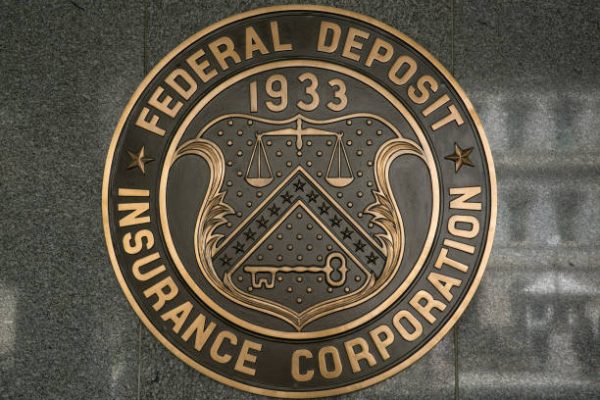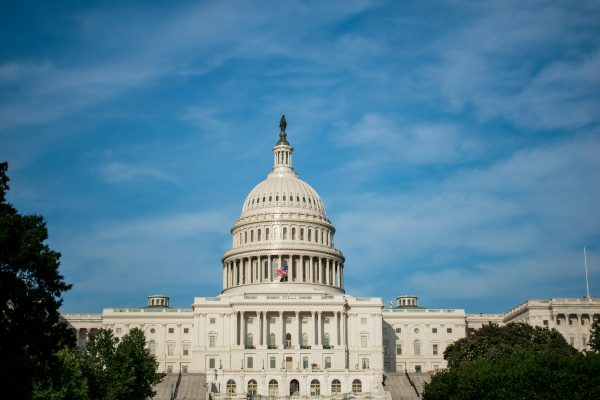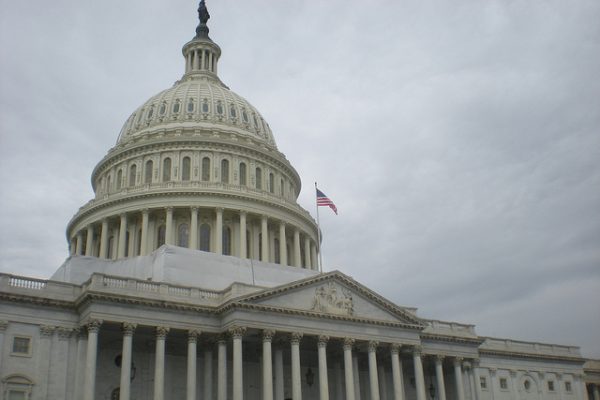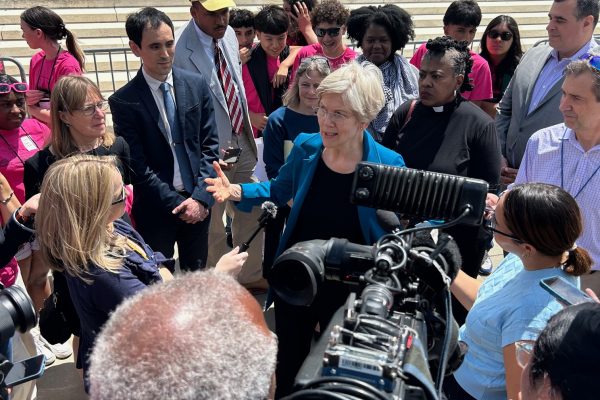AFR and Allies Send Letter to President Biden Urging the Nomination of a Strong Progressive Leader to Head the FDIC
AFREF, Public Citizen, and other allies sent a letter to President Biden urging him to nominate a strong progressive leader to head the Federal Deposit Insurance Corporation (FDIC) at this critical juncture.










